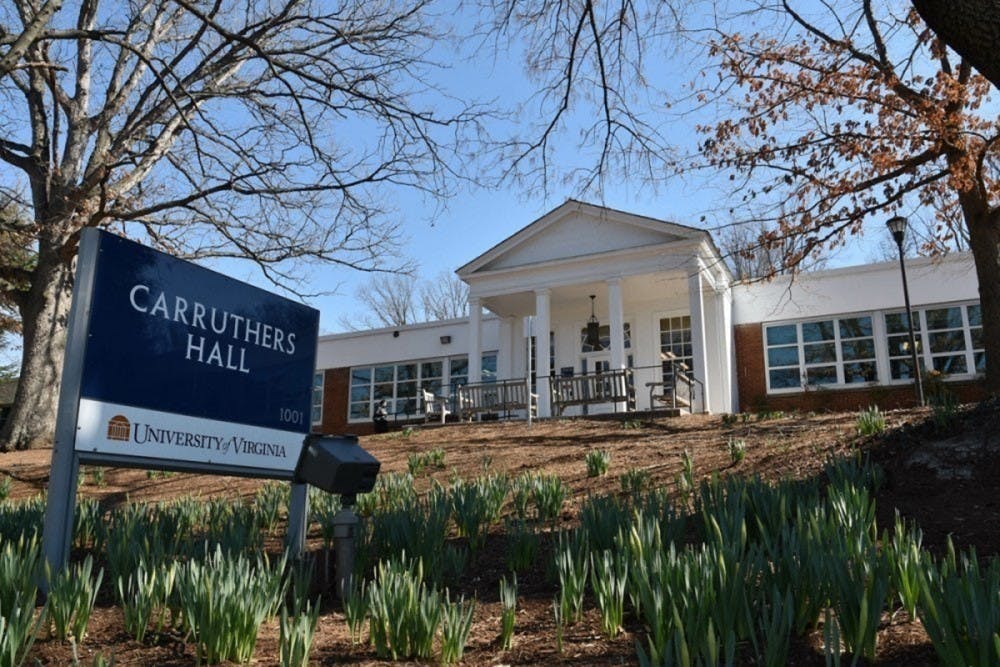The Board of Visitors’ Finance Subcommittee on Tuition convened from 10 a.m. to 12 p.m. Tuesday morning at Carruthers Hall. Rather than making any decisions related to tuition, members reviewed previous tuition decisions, clarified ambiguity and discussed next steps for new members of the Subcommittee, which include Tom DePasquale and Lily Roberts, student member of the Board and rising fourth-year College student, as well as new members of the Board.
Since February, Governor Glenn Youngkin has been pressuring the University — and other public universities across the state — to freeze tuition for the upcoming school year. To date, at least 10 schools have agreed to do so.
The Board previously set tuition increases for the 2022-23 and 2023-24 school years in December as a part of a new effort to communicate tuition increases more effectively. No changes to this plan have been announced — as such, tuition will increase by 4.7 percent this academic year after the tuition freeze implemented during the 2021-22 academic year left the University at a competitive disadvantage.
Chairman Bob Blue clarified this effort at the outset of the meeting, adding that this policy was developed after reviewing background, peer practices and current systems in place. After first convening last July, the Subcommittee ultimately recommended that the Board set undergraduate tuition on a two-year basis in December — this, Blue said, would ensure transparency, predictability, communication and a guaranteed tuition plan for both new and prospective students and families.
Chief Operating Officer J.J. Davis then explained the tuition-setting process and current state of affairs, noting rising inflation, pressure in recruiting and retaining talent and the costs of returning back to normal operations post-pandemic. Provost Ian Baucom emphasized the competition over faculty with both public and private peer institutions.
Davis also recounted measures taken by the University to mitigate financial losses due to the pandemic, which included furloughs, contract renegotiations, salary reductions and hiring freezes.
“The last two years have been nothing short of dynamic and challenging,” Davis said.
“We do strive to minimize tuition increases, but we also take a multi-year approach,” Davis said. “Despite understanding the importance of tuition, our philosophy is really to use tuition as a last resort.”
Davis said the University has been reviewing the changing relationship between state appropriations and tuition setting, noting that given limited state revenues, there have been less resources going to institutions of higher education since the early 1990’s. This has meant higher education has become increasingly reliant on tuition in recent decades, Davis said.
Moving forward, Blue said he would like to see the University’s finance team look at the future of potential tuition increases and how implementing any freezes might affect the long-term financial health of the University and the College at Wise.
Roberts added that in her experience discussing tuition with students, cost of attendance is what they are primarily concerned with. Roberts named housing as a primary issue, citing the importance of the University’s plan to require second years to live on Grounds in the near future as an important consideration in discussions surrounding tuition.
The Board will convene next during its annual retreat later this month, and the groups next series of meetings will be held over the course of Sept. 15 and 16.





